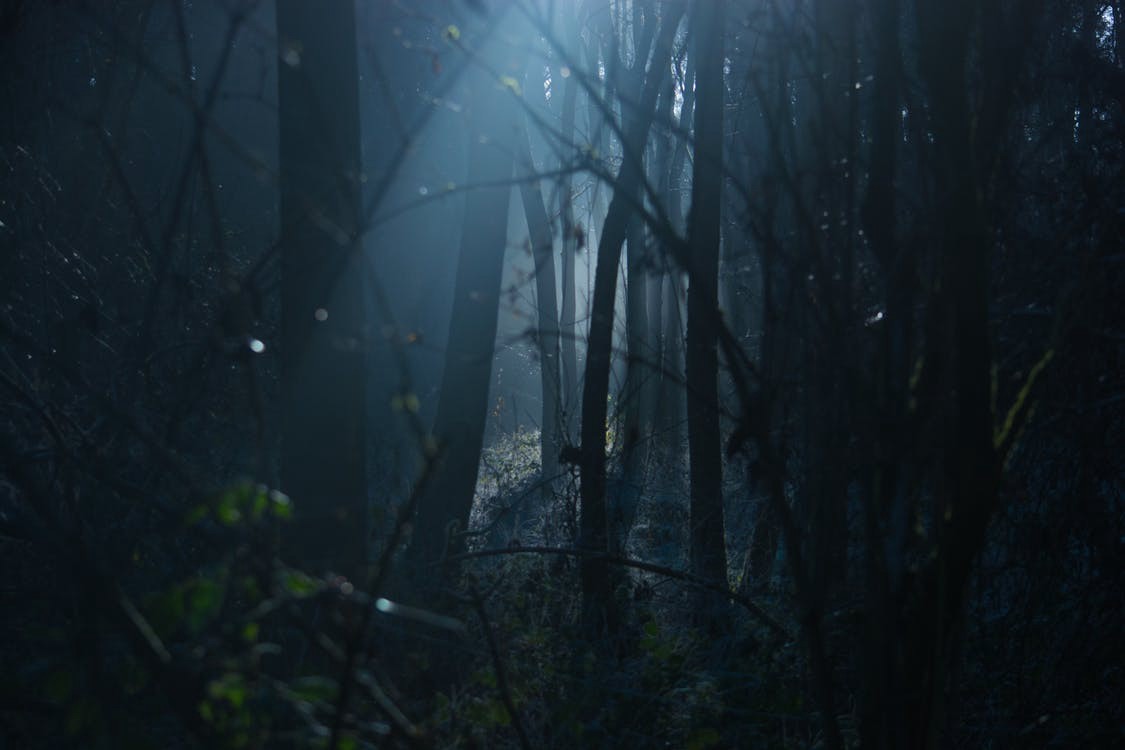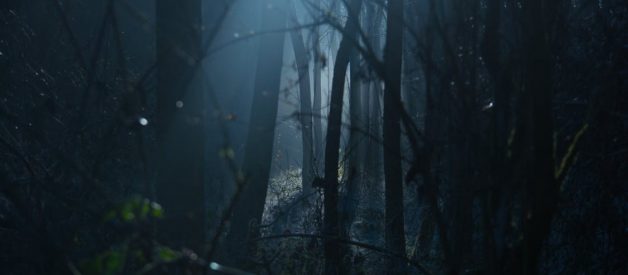Why two different science fiction worlds are compelling for different reasons

Over the past several months, I?ve read Cixin Liu?s Remembrance of Earth?s Past trilogy and Becky Chambers? Wayfarers science fiction books. Each author is an excellent writer, creating interesting characters and universes to tell their stories. However, while they share a genre, the stories contained in these books could hardly be more different.
Liu?s trilogy is a dark, unsentimental story about the future of humanity and the universe. It?s filled with conflict and war, and generally paints a bleak picture about interstellar interactions. Chambers, on the other hand, creates a fictional universe filled with different species and races that generally work together and cooperate. Instead of the war and destruction that fills Liu?s stories, she writes about characters who are all generally good and usually try to help each other.
I find the two universes created by Liu and Chambers to be incredibly compelling, especially since they?re so radically different. I?m not really interested in litigating which one is ?better,? or ?more realistic? (it?s fiction, after all). However, I do think there are important lessons from each series that are worth thinking about.
Chambers and the Wayfarers
Becky Chambers? Wayfarers series is composed of three books, all set in the same universe, that are mostly about different characters. There?s no grand, arcing narrative that connects everything ? these are smaller stories set within a larger framework. The reason to read these books is that they?re well-written and filled with interesting characters, not because there?s a ground-breaking plot or narrative.
Chambers has created a unique world in her writing, one that I love to return to. Everything happens under the jurisdiction of the Galactic Commons, a governing body composed of several different alien races. Humans are part of this alliance, but they occupy a relatively minor role (and have long ago left earth behind them). Together, Chambers? three books explore and uncover intricately-layered societies that all coexist with one another.
The universe of the Galactic Commons comes across as a wonderful place to live. There?s conflict in each of the stories, and I wouldn?t call these books idealistic, but every central character usually tries to help those around them. Perhaps most importantly, there?s an undeniable feeling of positivity that permeates everything. Progressing through these books, I can?t help but feel that this is a good place to live.
Liu and the Dark Forest
Cixin Liu?s series, which I?ve written about before, is much different. There?s a lot to unpack throughout each book, including many different, interesting characters and a host of plot points. However, for the purposes of this post, there?s one element I want to center in on: the dark forest theory. (I should note, this includes pretty heavy spoilers for some of the books. If you haven?t read them yet, I?d stay away.)
The dark forest theory of the universe gives a reason for why we, on earth, haven?t heard from alien life yet. The reason is simple: the universe is like a dark forest, filled with predators. In such an environment, the best solution is to stay quiet and hidden, or to not communicate with the outside. Any communication, if it happens, will inevitably lead to destruction. Here?s a more detailed explanation from the books:
The universe is a dark forest. Every civilization is an armed hunter stalking through the trees like a ghost, gently pushing aside branches that block the path and trying to tread without sound. Even breathing is done with care. The hunter has to be careful, because everywhere in the forest are stealthy hunters like him. If he finds another life ? another hunter, angel, or a demon, a delicate infant to tottering old man, a fairy or demigod ? there?s only one thing he can do: open fire and eliminate them.
The game theory of encounters between civilizations in the universe is that the only way to truly protect yourself is to destroy anything else you come across. If you?re too weak to do that ? as earth almost certainly is ? then the only way to stay safe is to hide. It?s a dark, depressing way to view the universe, but it?s also logically sound.
Two different ways to look at the universe
It?s hard not to compare the two ways Chambers and Liu write about the universe. One author depicts different species working together, even forming a galactic government, while the other envisions a future where everyone is either hiding from or annihilating everyone else.
I find each depiction of life compelling and I think they?re valuable precisely because they?re so different. For obvious reasons, I would prefer to live in Chambers? world, though I often fear that Liu?s world is the one closest to reality. But I don?t think we should look at these two trilogies as a binary, either-or proposition. Human history is filled with both cooperation and conflict, and I think both are important to think about.
Why I Loved Reading ?Children of Time?
Adrian Tchaikovsky?s science fiction epic succeeds because of how he deploys narrative elements
medium.com
The views expressed are mine alone and do not represent the views of my employer or any other person or organization.


